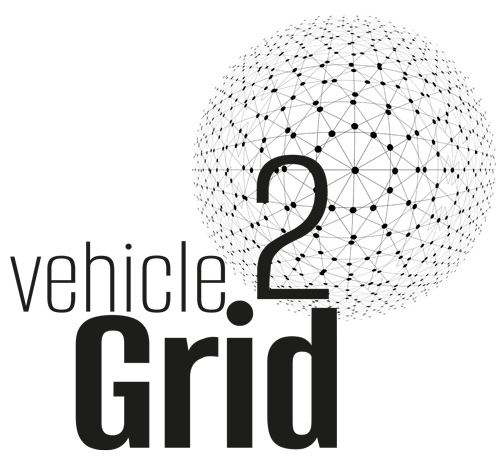- Kategorie: Exhibitor, Universities / Scientific Institutions
Institute for Power Electronics and Electrical Drives (ISEA)
The Institute for Power Electronics and Electrical Drives (ISEA) was founded in 1965 and has been managed by Univ.-Prof. Dr. ir. Dr. h.c. Rik W. De Doncker since 1996. Today, ISEA is home to the chairs of Power Electronics and Electrical Drives by Prof. De Doncker, of Electrochemical Energy Conversion and Storage Systems by Prof. Dirk Uwe Sauer and of Aging Processes and Lifetime Prediction of Batteries by Prof. Egbert Figgemeier.
The Chair of Electrochemical Energy Conversion and Storage Systems Technology is organised into three departments that deal with energy storage systems and their system integration. Our goal is to optimise existing battery technologies for applications. Technology selection, optimal dimensioning, lifetime-maximising operation, management strategies, reliable, safe system design and accurate monitoring and diagnosis for mobile and grid applications play an important role. To achieve this, detailed electro-thermal models and aging simulations of all relevant energy storage technologies are continuously developed and parameterized with extensive laboratory analytics.
The division Modelling, Analytics and Lifetime Prediction aims to develop a fundamental understanding of the electrochemical processes occurring in batteries, flow-cells and double-layer capacitors. The findings are transferred to models which can then for example predict aging, perform diagnostics and optimize operational strategies. Electro-thermal models for real-time applications and physico-chemical models for an accurate prediction of the batteries characteristics are currently being developed and used focusing on lithium-ion and lead-acid batteries as well as supercaps.
The division for battery system design and vehicle integration develops optimal battery systems for mobile applications – from the first draft and the selection of the most suitable cell type, the electrical dimensioning, the electrical and thermal management system, detailed CAD designs up to the physical and functional integration into the application and required testing. Therefore, we use efficient development methods and thermal characterization as well as hardware in the loop test benches.
The research section “Grid Integration and Storage System Analysis” develops an in-depth understanding of the many benefits that storage systems can offer in modern power grids and provides economic solutions to supply growing flexibility demands. A team of more than 20 full-time scientists and engineers supplements comprehensive battery knowledge with a detailed understanding of energy markets and storage applications in order to develop cost-effective storage system design and find optimal operating strategies. Hence, maximum lifetime and minimal overall lifecycle costs can be achieved.
The Chair for Aging Processes and Lifetime Prediction of Batteries held by Prof. Figgemeier is part of the Helmholtz Institute Münster (HI MS) placed at RWTH to research the underlying electrochemical processes in batteries. Electrochemical experiments and Post-Mortem Analyses are used to research and understand innovative battery materials.
Contact
Jägerstraße 17-19
52066 Aachen
Germany
Phone: +49 241 80 96920
Telefax: +49 241 80 92203
batteries@isea.rwth-aachen.de


